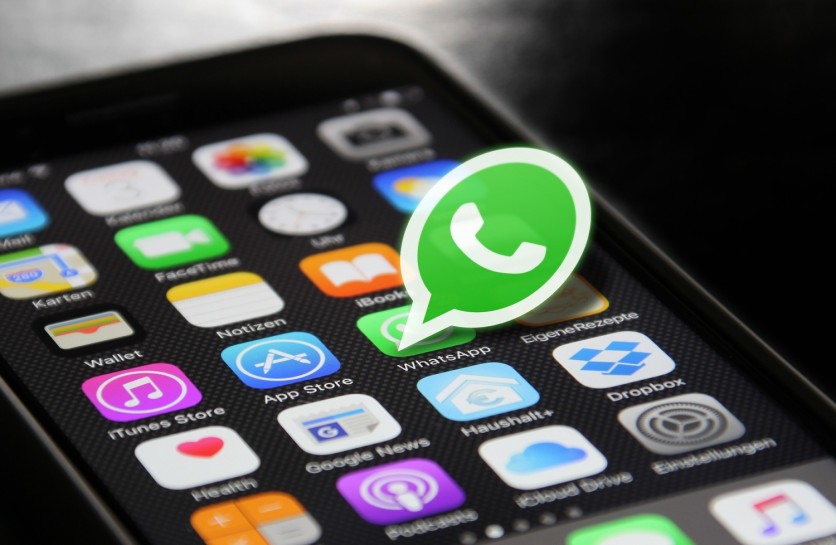An old scam warning about WhatsApp Gold is now resurfacing online, putting 2 billion WhatsApp users at a higher risk of endangering their privacy and safety.
WhatsApp Gold Hoax is Back
According to TechRadar, the WhatsApp Gold is said to be a special edition of the app, which the rich and famous use because of a variety of hidden features that would-be users could access when they download and install the app.

Along with the ad comes a link to where people can supposedly download the software, but instead, they will be installing malware.
However, there's a catch.
WhatsApp Gold is not real--and apparently, so does the actual ad, the actual link, and the actual site where the malware can be downloaded and installed, as noted by Forbes.
The sole intention of the warning message, which was said to be issued by BBC, is to be sent and read by as many users as possible.
Dancing Pope and Martinelli Hoaxes are Resurfacing Too
Besides the warning about the non-existent WhatsApp Gold app, a couple more hoaxes from the past are resurfacing, again urging 2 billion current WhatsApp users never to open a bizarre video known as the "Dancing Pope" as it's actually a malware disguised as a video that could format their smartphones.
The "Dancing Pope" video is not alone.
Another version tells users not to open and watch a video known as "Martinelli" as it would "hack your phone, and nothing will fix it."
Again, these are all just warnings, but none of these threats exist for real.
The Real Threat
The real threat is that these trends could actually be used by cybercriminals to include a link to malware software, as it is not uncommon for cybercriminals to use what's popular at the moment to lure victims.
For example, there have been reports recently of cybercriminal groups targeting medical and healthcare staff through coronavirus-related phishing scams.
With the rise of the coronavirus pandemic, cybercriminals have been using the disease as a way to spread malware, acquire confidential data, and get money from their victims all over the world.
If an ad did reach your device and encouraged you to open a link to either update or install WhatsApp Gold or open a "Martinelli" or "Dancing Pope" video, don't do it.
As per Metro, WhatsApp is always pushing out new features and updates, but they are always announcing when the release will be, plus the update is always done on the app itself instead of an external link.
Never pass it to your contacts as well, and instead, delete the message right away or report it to WhatsApp or its parent company, Facebook.
"It is certainly possible for malicious attachments to cause havoc on phones," said ESET cybersecurity specialist, Jake Moore.
Always Verify Messages and News
Moore also suggested that any messages that include warnings and the like should be verified and validated from the sender before forwarding the message to anyone.
Even news that is spreading on the app should also be validated as tons of fake news is spreading throughout the app, especially regarding the coronavirus pandemic.
Read Also: 5 Ways Mobile Devices are the Biggest Threat to Cybersecurity
ⓒ 2026 TECHTIMES.com All rights reserved. Do not reproduce without permission.




